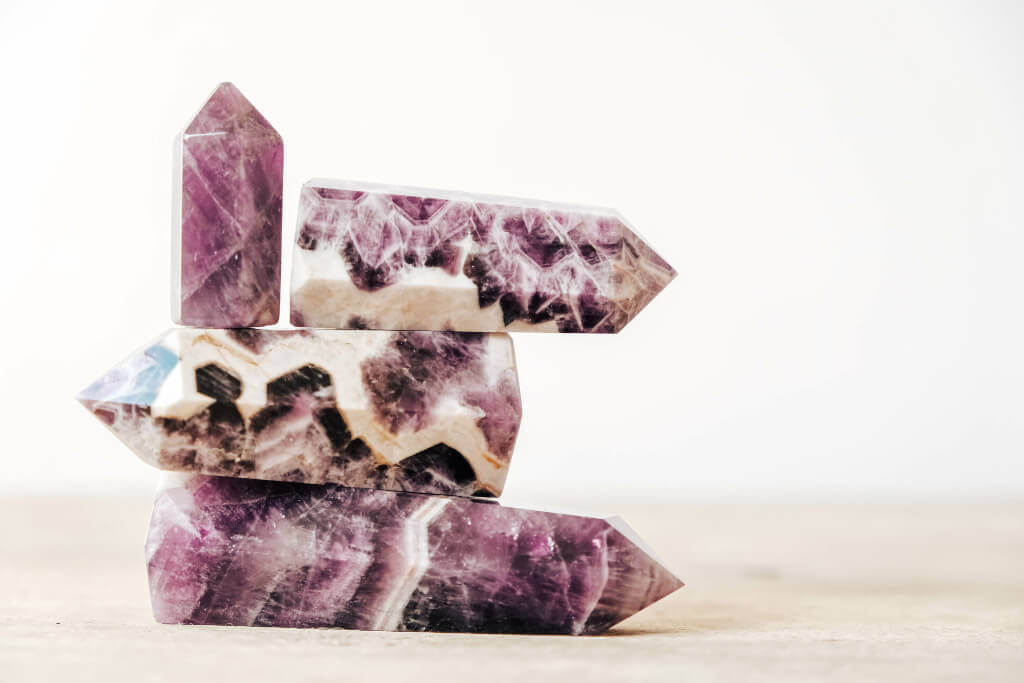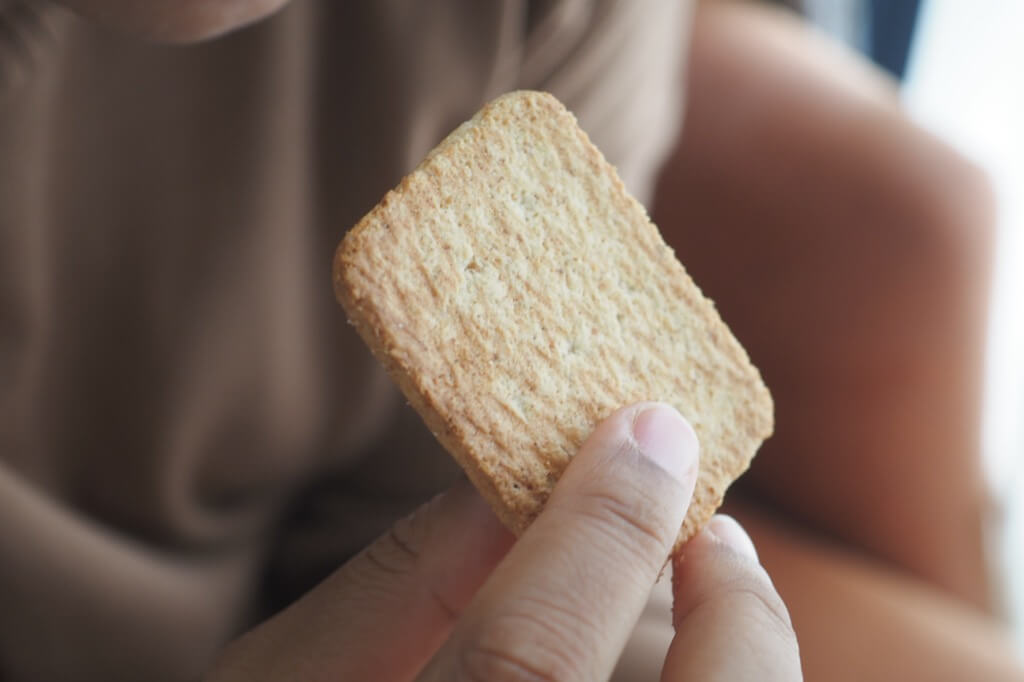The hypnotic beauty and extraordinary structures of crystals have always captivated people. Geological processes over millions of years are responsible for the formation of these magnificent minerals. Their alluring appearance, however, must not be confused with any magical or supernatural powers. Crystals are beautiful and have a calming effect on people, but they are neither mystical nor healing in any way. Understanding this is crucial for appreciating crystals as the amazing natural creations they are, formed by geological forces over millions of years.
The Mind’s Trickery, or the Placebo Effect
Crystals have been credited by some with a variety of purported advantages, including enhanced well-being and decreased stress. However, the placebo effect may be responsible for any noticeable improvements. The mind is a potent tool that may shape our lives in profound ways. People’s expectations about the beneficial effects of crystals can lead them to attribute those effects to the crystals even if they do not exist. The use of crystals should be approached critically, and the placebo effect should be kept in mind.
Crystals in the Commercial Market
The crystal industry has expanded rapidly, riding the wave of interest in spirituality and complementary medicine. To increase sales and satisfy the demand from customers who are looking for holistic answers, manufacturers and sellers frequently exaggerate the purported properties of crystals. The commercialization of crystals has muddied the waters between reality and fiction, with some consumers genuinely believing in the curative powers of crystals despite a lack of proof.
Insufficient Research
Crystals have been touted for their medicinal and mystical abilities, but there has been a dearth of comprehensive studies providing evidence of their effectiveness. There has been some study of crystals and their possible effects on the human body and mind, but most of these studies have been plagued by methodological problems or biases. Without solid scientific data, it is difficult to affirm or disprove the claims made by crystal enthusiasts. Skepticism is still necessary when assessing the efficacy of crystal healing practises until more rigorous and unbiased investigations are undertaken.
Crystal Worship and Cultural Appropriation
Without the necessary knowledge or respect, the adoption and commercialization of crystals from indigenous cultures might contribute to cultural theft. When removed from their original setting, crystals’ sacred cultural practices, and traditional wisdom may lose some of their power or meaning. Because of this, crystals’ rich cultural past is misrepresented and underappreciated, and the damage done by devaluing these practices continues.
The Harm Crystal Mining Causes to the Environment
The environmental effects of crystal mining are substantial. Habitat damage is a common byproduct of mining, which can have far-reaching effects on ecosystems and the survival of many different kinds of flora and fauna. In addition, mining activities can exacerbate water pollution, diminishing the integrity of regional water supplies. Further contributing to environmental damage are the carbon emissions produced during the shipping and processing of crystals. These negative effects on the environment could be lessened if the crystal business adopted more environmentally responsible and moral practises.
Possible Explanations for Favourable Results
Many times, the good results people claim to have had through crystal healing can be traced back to causes other than the crystals themselves. Numerous and diverse aspects of crystal use, such as self-care, relaxation, stress reduction, and mindfulness practices, can each make a unique contribution to an individual’s health and happiness. If you’re starting to feel like you’re being dragged into this chaos, it’s crucial to remember that the crystals aren’t the only possible explanation for any good results.
Crystal Healers’ Conflicting Statements
It’s not uncommon for crystal healers and practitioners to give contradictory information about crystals’ healing powers and applications. These variations can be attributed in part to the fact that crystal therapy does not adhere to a set of globally acknowledged criteria or principles. Due to the subjective nature of individual experiences and interpretations, those seeking direction may find it difficult to effectively navigate the domain of crystal healing. The advice or claims made by crystal practitioners must be evaluated critically and with discernment.
Incorrect Understanding of Energy from a Scientific Perspective
The term “energy” is often used metaphorically by New Agers to refer to unseen forces and vibrations. But this contradicts the conventional scientific understanding of energy as a quantifiable physical entity. Misunderstandings and exaggerations of scientific notions are possible results of crystal healing’s metaphorical use of energy. To avoid confusion and retain precision while discussing crystal healing methods, it is essential to distinguish between common usage and scientific definitions of energy.
There is No Evidence That Chakra Balancing Works
Chakras, as described in various ancient spiritual traditions, are thought to be physical locations where energy is concentrated. The existence and influence of chakras, however, are not recognised by the medical or scientific community due to a lack of solid evidence for their existence. There is no evidence to support the claim that crystals can balance or activate certain chakras. It is crucial to separate spiritual beliefs and scientific information when assessing the efficiency of crystal healing practices, even though the concept of chakras may have cultural and historical relevance.
Psychic Capabilities Aren’t Improved by Crystals
The idea that crystals might boost psychic abilities is completely without scientific basis. There is no factual proof that crystals may aid or increase psychic powers like telepathy or clairvoyance, which have not been scientifically verified. Although crystals may be used as symbols or tools in some forms of spiritual or intuitive practice, there is no objective evidence to suggest that they enhance psychic skills.
Crystals Do Not Have Healing Properties
It’s crucial to view claims that crystals have magical medicinal properties with skepticism, no matter how strongly their proponents make them. There is a dearth of supporting evidence from reputable scientific sources for the claim that crystals alone can treat illnesses. Although crystals can be soothing, they are not a substitute for medical care based on scientific data. Crystals are not a substitute for traditional medical care, and putting off getting professional help by only relying on crystals might be dangerous.
Uncertain Claims
Crystal proponents often use nebulous, elusive terminology that is difficult to parse when discussing the supposed advantages of crystals. It is difficult to objectively analyse the efficacy of crystals because terms like “vibrations,” “alignment,” and “spiritual energy” are commonly employed without clear meanings or quantitative standards. Because of the difficulty in communicating and examining the topic scientifically, progress in this area of study has been slowed. Discussions about the purported benefits of crystal characteristics should aim for precision and empirical data to promote a more nuanced and accurate understanding of these features.
Mistakenly Attributing a Correlation to a Cause
Although many anecdotal reports attribute favourable results to crystals, one must keep in mind that correlation does not necessarily imply causality. It is not enough to say that crystals cause good things to happen or make things better just because they happen at the same time. The placebo effect or other psychological or environmental factors may also play a role in how helpful something seems. Controlled experiments and a thorough grasp of confounding variables are common requirements of scientific investigations that aim to establish a true cause-and-effect relationship.
About the Author:
Edmore Nkosi is a riveting South African journalist, specializing in entertainment and current affairs. With his unique ability to blend pop culture with real-world events, Edmore has carved a niche in providing captivating narratives that resonate with a diverse readership.




